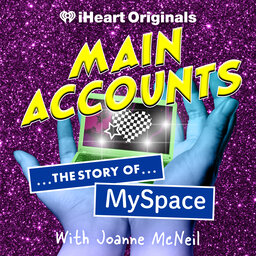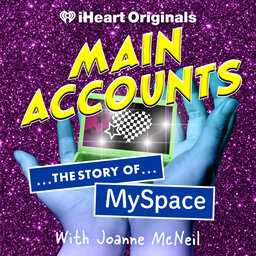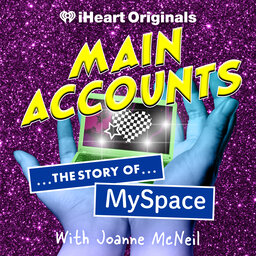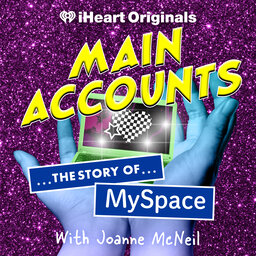1. Welcome to MySpace
The MySpace era was incredibly influential, and incredibly messy. And it remains largely underexplored. Young people talk about MySpace like a cool scene they wish they could have experienced. Like CBGB, or Studio 54.
But before we get into the experiences that users had — from bored teens to up-and-coming musicians to soldiers stationed abroad — let’s start at the very beginning. Because MySpace does not have a typical Silicon Valley origin story.
Special thanks to our guests Julie Angwin (author of Stealing MySpace) and Taylor Lorenz (author of the forthcoming Extremely Online). You can share your MySpace story with Joanne McNeil on Twitter @jomc.
 Main Accounts: The Story of MySpace
Main Accounts: The Story of MySpace


